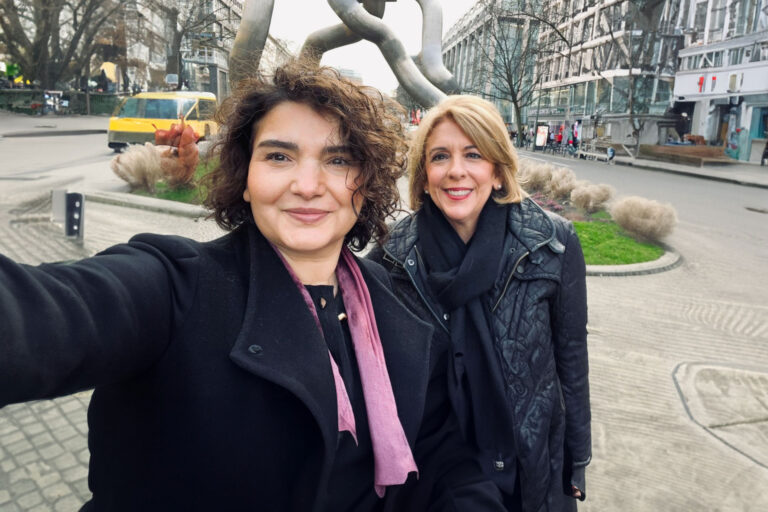In March 2023, TGC Health had the opportunity to virtually join the European Health Forum Gastein meeting focused on the Revision of the EU general pharmaceutical legislation. Stella Kyriakides, European Commissioner for Health and Food Safety, shared the plans to bring the EU pharmaceutical industry into the 21st century. A key theme that interested us in this plan was the aim to be “Patient-centered and industry-friendly.” The plan is focused on six critical goals:
- Ensure that all Europeans have access to innovative and established medicines.
- Allow the EU pharmaceutical industry the opportunity to innovate and remain globally competitive.
- Initiate reform to secure supply, which includes regulating the transparency of pharmaceutical stocks.
- Deliver environmentally sustainable medicines.
- Combat antimicrobial resistance.
- Simplify, modernize the regulatory system, and digitalize
These six goals are ambitious indeed. Having members of our team who have previously worked in the pharmaceutical industry in Central and Eastern Europe for many years, we do believe these goals make sense for patients, especially those with cancer or rare diseases. The goals outlined in this meeting can be achieved when the EU collaborates with stakeholders in a variety of aspects. These aspects include not only the regulation and supply of medicines but also the advancement of health systems infrastructure equally across the EU for the benefit of patients. Furthermore, we were encouraged to see the attendance of several Ministers of Health and patient advocates at the meeting. Yet, we would have liked to have heard the voice of the pharmaceutical industry. TGC Health believes that insights from industry bring a different perspective to the discussion. To that end, there are a few points we would like to address:
- The definition of innovation across stakeholders varies. Regulators and payors may view innovation differently than the pharmaceutical industry and/or physicians, especially in cancer and rare diseases. Differing views on innovation can create barriers to access for patients that may benefit earlier from innovative medicines. We would like to see a similar collaboration and speed in all therapeutic areas as we saw during the recent COVID pandemic.
- Access to medicine across the EU: For all European patients to have access to medicines equally and equitably, we must also ensure that other parameters in the healthcare system should be aligned. For instance, the differing availability of diagnostic tools or human capital to utilize these tools creates inequities in diagnosis and treatment across the EU.
- Supply of medicines: There are many aspects to the supply of medicines. Developing a plan that can effectively ensure the consistent supply of pharmaceutical products in the EU needs collaboration across the whole supply chain ecosystem. This includes collaboration amongst regulators, industry, governments, wholesalers, and distributors.
- Digitalization is essential and should be a key aim for the future. For example, not
providing paper patient information leaflets in different languages but only including information digitally in different languages is a great idea. On the other hand, many elderly patients are not digitally savvy, especially regarding health-related digital applications. - Healthcare equity may differ depending on the size of the country in the EU. For instance, a smaller country may not have the opportunity for its patients to participate in clinical trials. This challenge creates a patient access barrier and a scientific and experience gap for physicians.
The proposed legislation is an exciting development to advance healthcare in the EU. A collaborative, transparent, patient-centric, and industry-friendly approach will ensure the future of innovation in healthcare.






